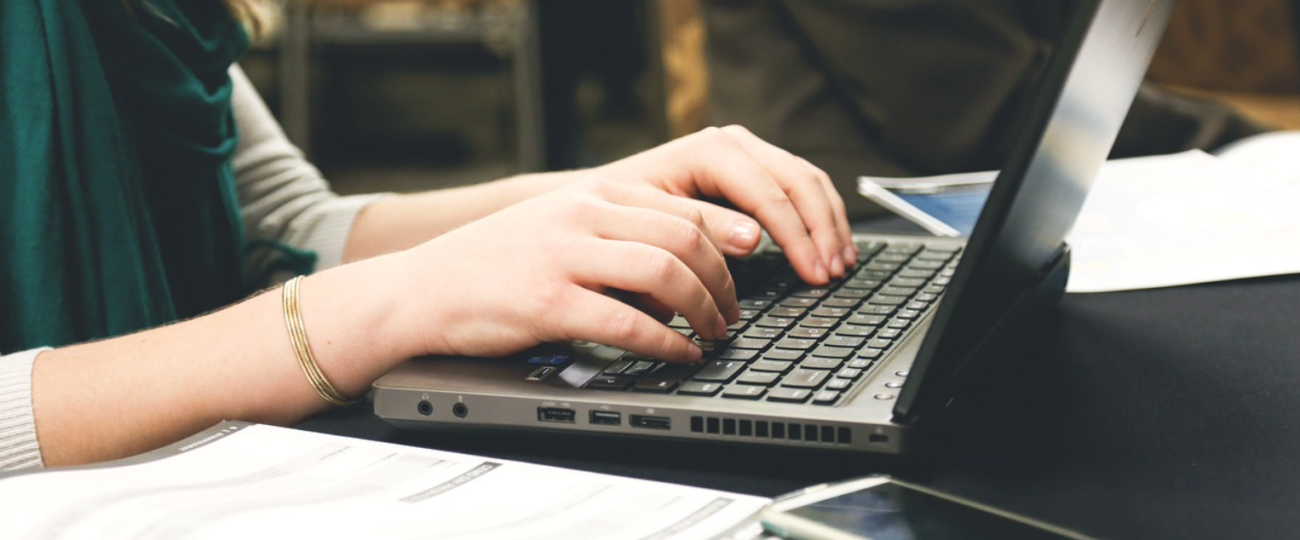The Board of Trustees voted to make Winthrop a laptop campus in the fall of 2022. The decision was announced by former interim president, George Hynd. Despite encouraging students to purchase laptops, the university hasn’t published any updates regarding expectations or policies moving forward.
In Hynd’s announcement he stated “This past October, members of the Board of Trustees unanimously approved Winthrop’s move to a laptop campus. Beginning in August, each student will be required to have a laptop for 2022-23 academic year classes. IT and facilities management staff are currently in the process of upgrading the campus-wide Wi-Fi system in residence halls and academic buildings to help us provide an expansive and reliable Wi-Fi network.”
According to the Winthrop website, all students were required to purchase a laptop to complete schoolwork beginning in fall 2022. Students were also given the opportunity to get a loaner laptop from Dacus Library while supplies are available.
During the ongoing discussion surrounding the potential transition to becoming a laptop campus, the Information Technology department played a primary role in the discussion as they considered the campus’ infrastructure and the strain on its bandwidth from the influx of new devices.
“We were very concerned that the chosen timeline would not give us enough time to get the campus’ infrastructure ready in time,” the assistant vice president for computing and information technology Patrice Bruneau said. “Networking equipment is still very hard to procure. Some items have a one-year lead time.”
The university will still have desktop computers, however they will be limited. They will only purchase laptops for faculty and staff when needed.
“Part of our research revealed that most students were already bringing a laptop with them to campus,” Bruneau said. “However, the laptops might not have met the minimum specs required. In order to help students, we created a matrix that showed three different configurations and gave some options for Dell or Apple laptops.”
Now that the university is requiring laptops, faculty have varying opinions on students using technology in their classrooms.
Devon Ralston, an associate professor who teaches digital rhetoric classes, encourages students to use their laptops in her classroom.
“I definitely encourage it and ask students to use their laptops to do work in class. Today (Feb. 1, 2023), in fact, in WRIT 465 we are going to talk about proposals, and students will work on proposals for a project” Ralston said. “I think it’s great to be able to introduce a concept and have students immediately work on putting some of their understanding into practice while I am able to answer questions. Laptops also make collaboration easier for peer feedback.”
When the university was discussing the transition, Amanda Hiner, the chair of the English department, heard the concerns from other faculty.
“Faculty members are focused on supporting student learning, and laptop and technology access is an important part of that support” Hiner said. “However, some faculty members have expressed concerns that our shift to a ‘laptop campus’ happened before campus infrastructure was fully in place to support that technology. Those technology upgrades are ongoing and happening now, but some of our students still struggle to access Wi-Fi in times when they need it.”
Hiner stresses the importance of the university taking into consideration the research that displays that laptop use in the classroom is tied to lower rates in attention and grades, and higher rates of distraction. She shared her research information from Washington University in St. Louis.
“It’s important for us as a campus to include that research in our deliberations about how laptops are used during instructional time.
According to Blair Coleman, a sophomore criminology major, some professors are not allowing students to use their devices in class even though they are required by the university.
“In a typical class, I will have the PowerPoint pulled up on my laptop and my notes being handwritten for my clarity,” Coleman said. “But in this class [it was] suggested I print out each of her PowerPoints which I find too wasteful to do so there are moments I am struggling to catch up in my notes. Assignments and my textbook are online so I have no chance to access those during class.”
The anonymous source also stated that in another class they had been docked participation points for taking notes on their laptop even though they shared their typed notes with the professor at the end of the class.
As the university continues this transition, there will be major adjustments made from both faculty and students.
More information concerning Winthrop becoming a laptop campus and which devices are suggested by the school can be found at https://www.winthrop.edu/technology/student-laptops.aspx. Any questions concerning devices can be directed to the IT department in McBryde Room 1.
https://ctl.wustl.edu/laptop-use-effects-learning-attention/ – data about the higher rates of distraction, ect. From dr hiner




